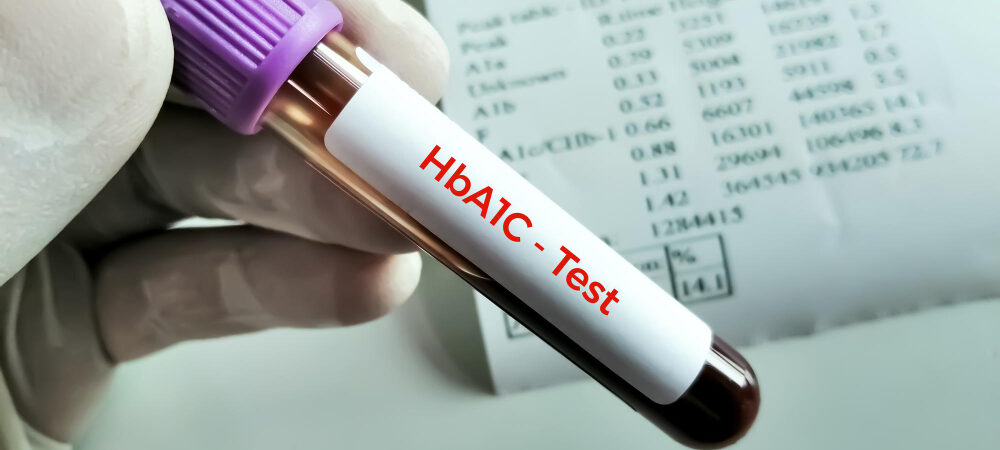Introduction
Blood work is a common diagnostic tool used in medical practice to assess various aspects of a patient's health. Whether it's for routine check-ups, monitoring chronic conditions, or diagnosing illnesses, blood tests provide crucial information. One common question patients have is, "How long does blood work take?" This article will explore the factors influencing the timing, from the moment blood is drawn to when results are available.
Types of Blood Tests and Their Timelines
1. Complete Blood Count (CBC):
- Purpose: Evaluate overall health and detect a variety of disorders, including anemia, infection, and many other diseases.
- Turnaround Time: Typically, results are available within 24 hours.
2. Basic Metabolic Panel (BMP):
- Purpose: Measures glucose, calcium, and electrolytes. It's often used to check for conditions like diabetes and kidney disease.
- Turnaround Time: Usually, results are ready within 24 hours.
3. Lipid Panel:
- Purpose: Assesses cholesterol levels to evaluate cardiovascular health.
- Turnaround Time: Results generally take 24 to 48 hours.
4. Liver Function Tests:
- Purpose: Checks for liver damage or disease.
- Turnaround Time: Results are typically available within 24 to 48 hours.
5. Thyroid Function Tests:
- Purpose: Measures thyroid hormone levels to assess thyroid function.
- Turnaround Time: Usually takes 24 to 48 hours.
6. Coagulation Tests (PT, PTT):
- Purpose: Evaluate blood clotting.
- Turnaround Time: Results can be available within a few hours to 24 hours.
7. Hemoglobin A1c:
- Purpose: Monitors long-term blood sugar control in people with diabetes.
- Turnaround Time: Typically takes 24 hours.
8. Comprehensive Metabolic Panel (CMP):
- Purpose: Provides information on the body's chemical balance and metabolism.
- Turnaround Time: Usually available within 24 to 48 hours.
9. Infectious Disease Tests (e.g., HIV, Hepatitis):
- Purpose: Detects the presence of infectious agents.
- Turnaround Time: Varies widely; can take from a few days to a week, depending on the specific test.
Factors Influencing Turnaround Time
1. Test Complexity:
- Simple tests like CBCs are quicker to process, while complex panels or specialized tests take longer.
2. Laboratory Workflow:
- High patient volumes or limited lab staffing can delay processing times.
3. Specimen Transport:
-Transport time adds to the overall timeline if the sample needs to be sent to an off-site lab.
4. Technology and Equipment:
- Advanced laboratories with automated equipment may process tests faster than those relying on manual methods.
5. Stat vs. Routine Testing:
- Stat (urgent) tests are prioritized and processed faster than routine tests.
6. Pre-Test Preparation:
- Some tests require the sample to be prepared in a specific way before analysis, which can affect timing.
7. Quality Control:
- Ensuring the accuracy and reliability of results involves quality control steps, which can add time.
Getting Your Results
1. Electronic Health Records (EHR):
- Many healthcare providers use EHR systems, allowing patients to access their results online, often within hours of test completion.
2. Direct Contact:
- For critical or abnormal results, healthcare providers may contact patients directly to discuss findings.
3. Follow-Up Appointments:
- Some results are discussed during scheduled follow-up appointments, particularly if they require detailed interpretation.
Conclusion
The time it takes to receive blood work results varies depending on the type of test, laboratory efficiency, and other logistical factors. While routine tests like CBCs and BMPs yield results within 24 hours, more complex tests can take several days. Understanding these timelines can help manage expectations and ensure timely follow-up on critical health information. If you have any concerns about the timing or results of your blood tests, it's always best to consult your healthcare provider.





Comments